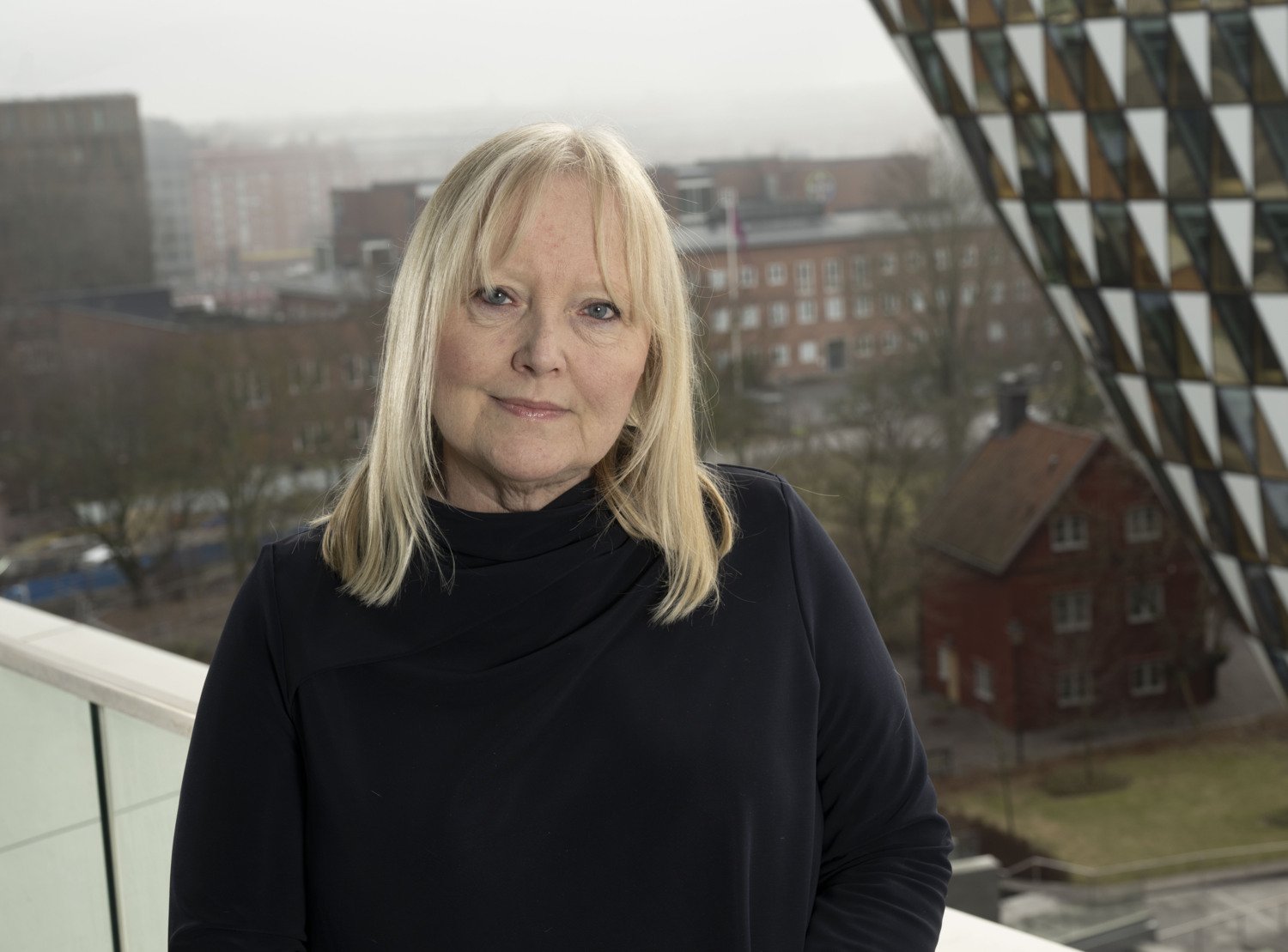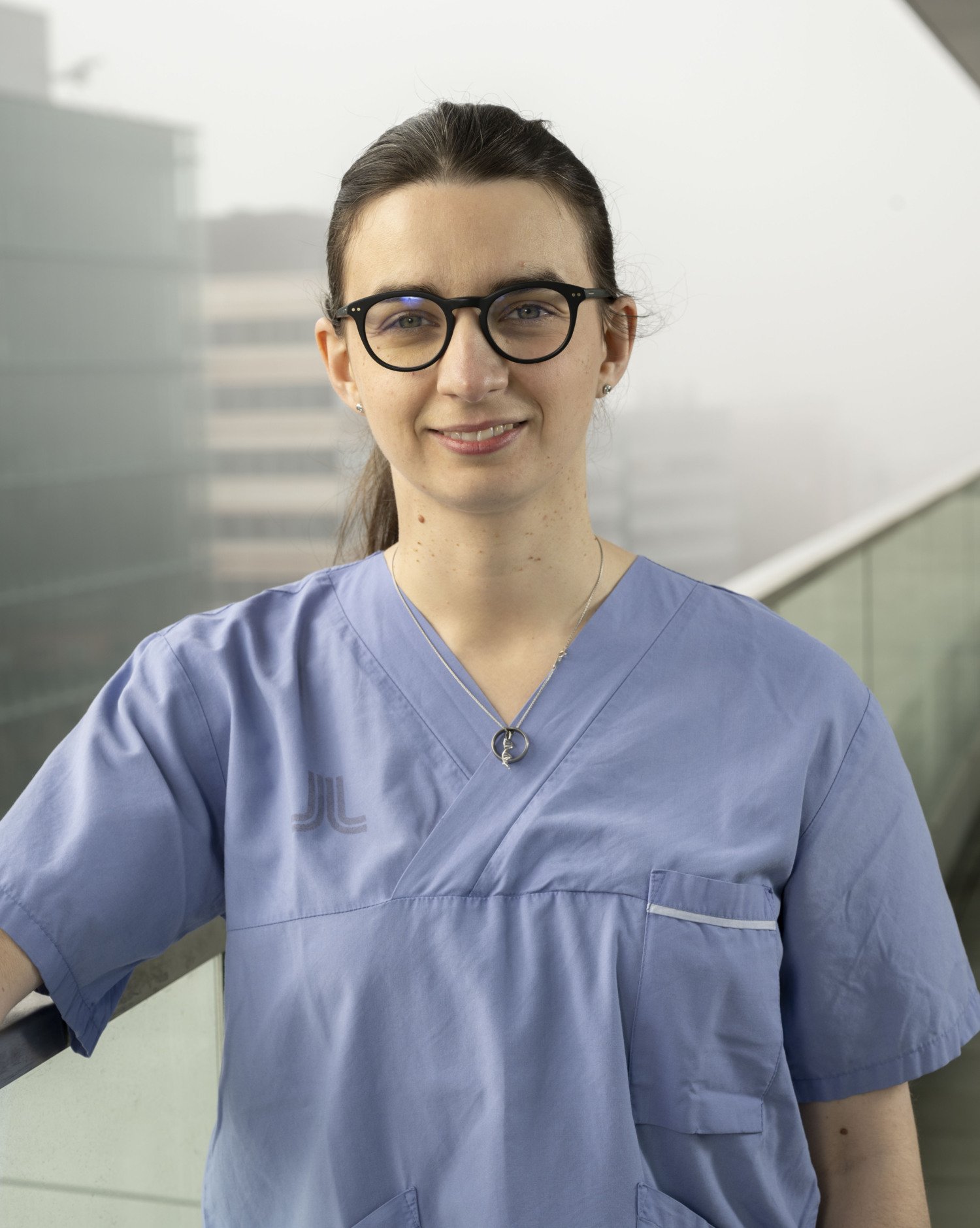New study seeks hereditary causes of childhood cancer

Follow-up and treatment of children with cancer is significantly improved when inherited genetic causes are also investigated, according to a new Swedish study. The results of the research study involving some 50 researchers and clinicians from across Sweden have been published in The Lancet Regional Health – Europe.

Every year, around 350 children are diagnosed with cancer in Sweden. In recent years, it has proved important to identify inherited genetic causes of childhood cancer, known as childhood cancer predisposition, as early detection can be crucial for treatment and survival.
In the Childhood Cancer Predisposition, ChiCaP, project, over 750 children with solid tumors including central nervous system (CNS) tumors have been analyzed by whole genome sequencing to investigate the prevalence and clinical significance of germline genetic variants. Results from the first 309 children show that 11% have a genetic predisposition. This highlights the importance of identifying these cancer predisposition syndromes for clinical management.
”Our results have great clinical significance for how to follow up the children and also how to treat them,” says Ann Nordgren, principal investigator, professor at Karolinska Institutet and senior physician at Clinical Genetics and Genomics, Karolinska University Hospital and the Department of Laboratory Medicine, Sahlgrenska Academy, University of Gothenburg.
Changes in treatment as a result of ChiCaP
One of the most significant discoveries is that germline variants associated with childhood cancer not only help assess the risk of other family members developing cancer, but also allow for tailored follow-up and treatment of the patient themselves. For example, patients with Constitutional Mismatch Repair Deficiency (CMMRD) syndrome, a genetic condition with high risk of childhood cancer, have received individualized surveillance programs and immunotherapy as part of their second-line treatment.

Impact on family and siblings
As well as having a direct impact on the patient’s treatment, the ChiCaP study also has a significant impact on the family, explaining why their child has cancer and how to manage any risks to siblings and other family members in the future.
Bianca Tesi, first author of the study and specialist physician at Clinical Genetics and Genomics, Karolinska University Hospital, says
”By identifying whether the child has a hereditary cause of cancer, we can also know whether other family members should be offered genetic counseling and testing in routine care. This can be important since relatives with a confirmed risk can sometimes be offered specific screening programs.
”Similarly, it has been important to be able to rule out known hereditary factors to reduce cancer concerns among relatives,” Bianca adds.
One example described in the publication is siblings of children with retinoblastoma. Through an approach that uses results from genetic analysis of both blood and tumor DNA to assess the risk of siblings, it was possible to identify which siblings needed to be followed in control programs and which did not have an elevated risk of retinoblastoma. As a result, the siblings without elevated risk did not have to undergo extensive control programs with thirteen eye examinations under general anesthesia during the first four years of their life.
“This is a new way of thinking in oncogenetics that can benefit the cancer risk assessment for other cancer diagnoses,” says Bianca.
Closer collaboration between pediatric oncologists, geneticists and pathologists for more effective childhood cancer care
The ChiCaP study is part of the national study GMS Childhood Cancer and the national collaboration established within GMS Childhood Cancer has been of great importance for the close collaboration developed between pediatric oncologists, geneticists and pathologists to optimize care for children with cancer.
Gustaf Ljungman, one of the leading researchers, professor of pediatrics at Uppsala University, senior consultant in pediatric oncology at Uppsala University Hospital, and co-chair of the clinical group in GMS Childhood Cancer comments:
“This collaboration between different professions is crucial to understand and treat childhood cancer effectively. The ChiCaP study has proven to be invaluable for the development of future childhood cancer care and will continue to provide insights and biological knowledge that will improve our ability to fight childhood cancer.”
The research was funded by the Swedish Childhood Cancer Fund and the Ministry of Social Affairs.
Publication
“Diagnostic yield and clinical impact of germline sequencing in children with CNS and extracranial solid tumors-a nationwide, prospective Swedish study”. Bianca Tesi*, Kristina Lagerstedt Robinson*, Frida Abel*, Teresita Díaz de Ståhl, Sara Orrsjö, Anna Poluha, Maria Hellberg, Sandra Wessman, Sofie Samuelsson, Tony Frisk, Hartmut Vogt, Karin Henning, Magnus Sabel, Torben Ek, Niklas Pal, Per Nyman, Geraldine Giraud, Joakim Wille, Cornelis Jan Pronk, Ulrika Norén-Nyström, Magnus Borssén, Maria Fili, Gustav Stålhammar, Nikolas Herold, Giorgio Tettamanti, Carolina Maya-Gonzalez, Linda Arvidsson, Anna Rosén, Katja Ekholm, Ekaterina Kuchinskaya, Anna-Lotta Hallbeck, Margareta Nordling, Pia Palmebäck, Per Kogner, Gunilla Kanter Smoler, Päivi Lähteenmäki, Susanne Fransson, Tommy Martinsson, Alia Shamik, Fredrik Mertens, Richard Rosenquist, Valtteri Wirta, Emma Tham, Pernilla Grillner, Johanna Sandgren, Gustaf Ljungman#, David Gisselsson#, Fulya Taylan#, Ann Nordgren# *delad förstaförfattare, #delad sista författare. The Lancet Regional Health – Europe, online 19 mars 2024, https://doi.org/10.1016/j.lanepe.2024.100881.
